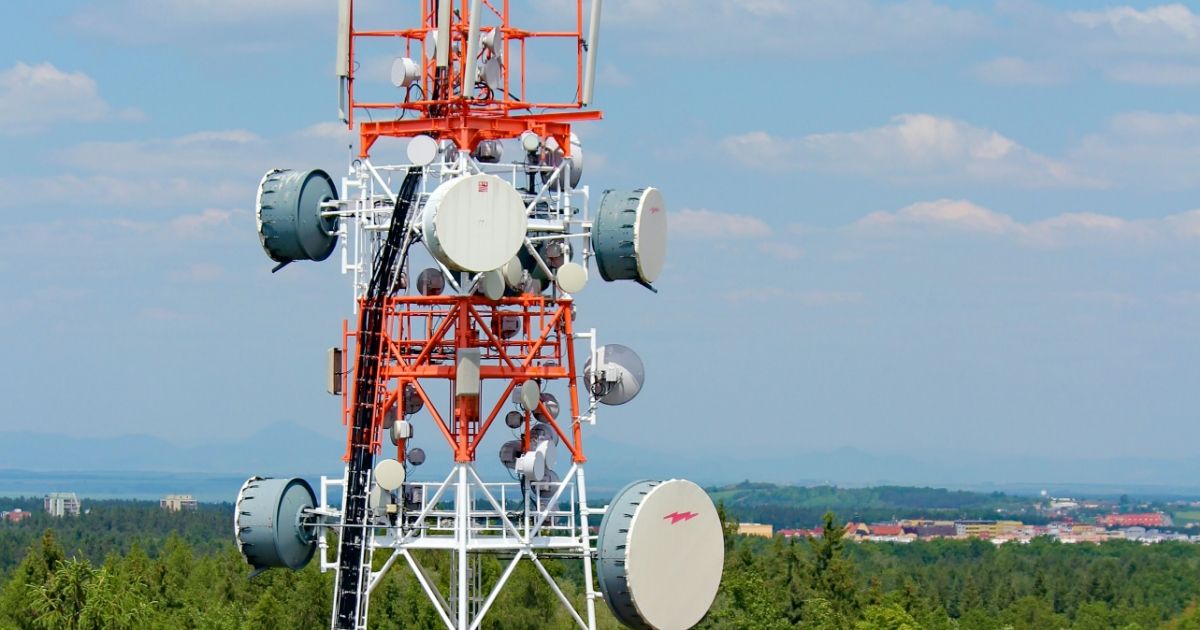
The Government of India has introduced a new Telecom Bill in the Lok Sabha, which is set to replace three old acts that date back to 1885. These are the Telegraph Act, 1885, the Indian Wireless Telegraphy Act, 1933, and the Telegraph Wires (Unlawful Possession) Act, 1950. The bill will also amend the existing Telecom Regulatory Authority of India (TRAI) Act, 1997.
The new bill also implements safety measures, where the government will have the power to suspend the services of any individual or entire operator in situations of national security. Let’s have a detailed look at the new Telecom Bill of 2023.
What Is the New Telecom Bill?
The Telecom Bill of 2023 will replace three old laws in the Indian Constitution, which are the Indian Telegraph Act of 1885, the Indian Wireless Telegraphy Act of 1933, and the Telegraph Wires (Unlawful Possession) Act of 1950. The new bill has been implemented after a long set of consultations by government officials, citing that the existing laws are too dated for the current evolving technology.
The biggest highlight is the removal of OTT services from being regulated by the telecom bill. Note that OTT here means internet messaging services like WhatsApp, Telegram, Signal, etc. As per the new law, such OTT services will now be governed by the Ministry of Electronics and Information Technology (MeitY). A government official told the Economic Times that telecom operators include cellular providers such as Jio, Airtel, etc. along with internet service providers such as Excitel, ACT, Hathway, etc.
Government May Suspend Telecom Services in Emergency Situations
The second biggest highlight of the new telecom bill is that the government now has the power to suspend the telecom services of any particular operator, individual, or region in case of a national security threat. The government can also intercept any telecom service in the country.
However, the exact circumstances where the government can suspend or intercept telecom services have not been specified. The bill only mentions that these powers can be executed in situations of national security. The bill also allows the government to suspend and punish any individual who tries to gain unauthorized access to telecom services in the country.
It also mandates telecom operators to obtain consent from users before sending them any advertising or promotional content.
Satellite Spectrum to Be Allocated by the Government Without Auctions

The third highlight of the new bill is that the government has now decided that it will allocate satellite spectrum to satellite service providers, instead of auctioning them. Companies such as Reliance Jio, Bharti OneWeb, Starlink, Amazon Kuiper, and others will have to get a GMPCS license first.
GMPCS (Global Mobile Personal Communication by Satellite Services) license holders can offer various satellite communication services such as internet, calling, messaging, etc. Upon obtaining the license, the government will allot a certain spectrum to the service for a fixed fee.
This will allow satcom service providers to offer affordable prices to their users. The price for the spectrum will be decided later by the Telecommunication Regulatory Authority of India (TRAI).
The government will also allot spectrum for uses other than personal satellite communication. This includes defence, disaster management, public broadcasting, etc. The decision to follow the spectrum allocation method instead of auction has been taken as there is no precedent for auctioning the satellite spectrum. For reference, satellite spectrums are normally allocated by local governments all over the world.
Govt to Set Standards for Procuring Telecom Equipment
The bill also allows the central government to set certain standards and assessments when it comes to the purchase of telecom equipment, infrastructure, networks, and services. This means that what telecom equipment can be purchased would be decided by the government under the new bill.
Update from December 20, 2023:
The new telecom bill of 2023 has been approved in the Lok Sabha. The bill has now moved to the Rajya Sabha for final approval.













